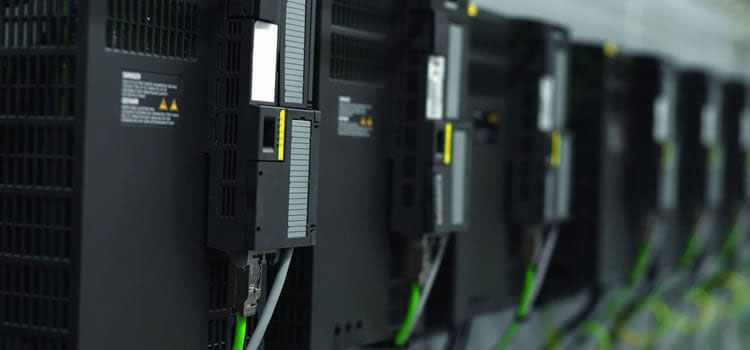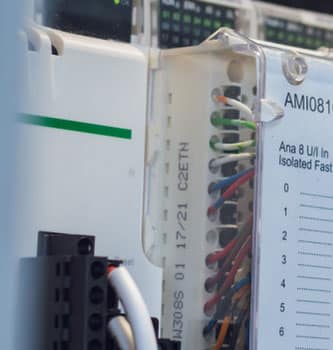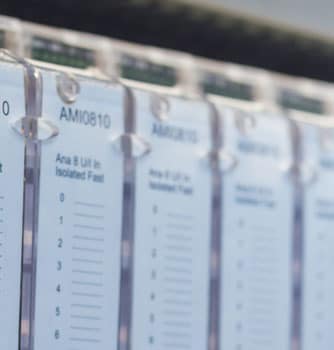Motor Control Centre Design
Controlsforce can design, build, test, deliver and install a motor control centre for you, from single bay to multi bay motor control centres keeping the control of your plant in one location.
These could be multi cubicle common power bus sections with each cubicle containing a lock off power disconnect isolator, motor starter, fuses or MCB’s.
At Controlsforce, we are confident that by using top quality components and equipment, you can be sure that the motor control centre will give you many years of service.
Speak with our experts
Fill out our quick and easy contact form with your enquiry and we'll get back to you.
Motor Control Centres (MCC)
A motor control center (MCC) is an assembly of one or more enclosed sections containing motor control units, such as motor starters, contactors, overload relays, circuit breakers, and other control devices. It is used to control and protect electric motors in industrial facilities and large commercial buildings. The MCC provides a central location for the control and operation of motors, allowing for easy monitoring, maintenance, and troubleshooting. It typically includes power and control wiring, as well as various control devices such as push buttons, indicator lights, and meters.

MCC Design Explained
What is motor control centre design?
Motor control center (MCC) design refers to the process of creating a system for controlling and monitoring electric motors in various industrial applications. The design includes the arrangement of components, wiring, and control devices to ensure efficient and safe operation of the motors.
The main purpose of an MCC is to centralize motor control and protection functions, allowing for easy supervision and maintenance. The design typically involves the following aspects:
How Controlsforce can help
Effective MCC design requires a deep understanding of electrical engineering principles, industrial standards, and specific application requirements. It aims to provide a reliable, efficient, and safe motor control system that meets the needs of the industrial process it is designed for.
With over 30 years experience in the industry Controlsforce is the ideal partner to assist with the design through to the installation of a motor control centre that is perfectly suited to your requirements.
Control Centre Considerations
Layout and organization:
Determining the physical arrangement of motor starters, control devices, and other components within the MCC. This includes considering factors such as accessibility, cable routing, and safety regulations.
Communication and networking
Incorporating communication protocols and networking infrastructure to enable remote monitoring, diagnostics, and integration with higher-level control systems.
Electrical schematics
Creating detailed electrical diagrams that depict the connections and interrelationships between various components in the MCC. These diagrams help electricians understand and troubleshoot the system.
Safety considerations:
Ensuring compliance with safety standards and implementing features like emergency stop buttons, safety interlocks, and motor disconnect switches for operator protection.
Motor protection:
Selecting appropriate protective devices such as overload relays, circuit breakers, and fuses to safeguard the motors against excessive current, voltage fluctuations, and other faults.
Selecting enclosure and environmental considerations:
Determining the appropriate type of enclosure based on the operating environment, such as NEMA or IP ratings for protection against dust, moisture, and other hazards.
Control and monitoring devices:
Choosing control devices like motor starters, push buttons, selector switches, and pilot lights to operate and monitor the motors. These devices are often interconnected with programmable logic controllers (PLCs) or distributed control systems (DCS) for advanced control and automation.
Documentation and labeling:
Creating comprehensive documentation, including equipment schedules, wiring diagrams, and component labeling, to facilitate future maintenance and troubleshooting.



